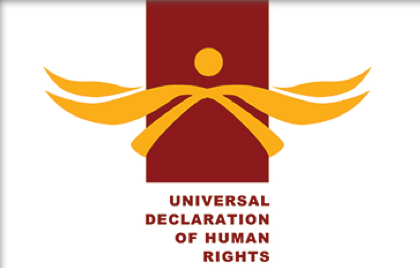If, as you said, as the game is EOL it doesn’t make profits, then it can’t cause losses either. Otherwise it’d have to be kept alive.
I mixed up words, what I meant was that the company could be harassed before it’d go bankrupt and EOL the game
Uh… If they’re 3rd-party servers then hosting isn’t paid for by the publisher. Additionally, game publishers don’t pay for hosting of Discord/Reddit/ Lemmy communities. And even if they did if the game is EOL they’d axe that too if it induces any COst.
Now you misunderstood the statement. When the game is still hosted by the original devs/publishers, in-game bots would 1) tank the user experience (imagine tf2 but like half a year after launch) 2) put strain on the servers, the ones that still belong to the devs/publisher While that is going on, bots spamming media related to the game would tank engagement (who would want to play a game filled with bots that also has like no public community around it that isn’t ruined by other bots). All that would make the revenue crash, and turn the game into a huge financial burden, causing the eventual drop of support/bankruptcy
I won’t pick the rest of the comment apart, since you didn’t quite get how this extortion scheme works (partly due to my poor explanation, but still)











Extra ash flavor. Yum!